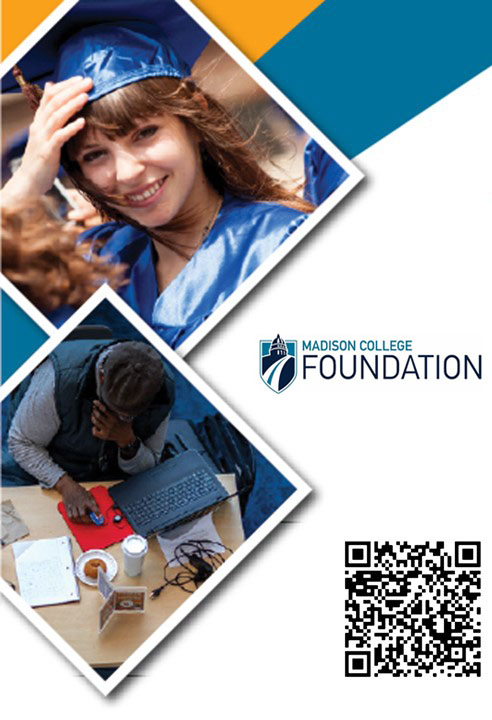Immigration policy changes add to worries
September 27, 2017
Jesse Nunez moved from Mexico to America with her family at age seven. As an undocumented immigrant, the Madison College graduate spent much of her young life fearing deportation from the country she grew up in.
That fear was abated somewhat in 2012 when President Obama established a new immigration policy, known as DACA, allowing minors illegally brought into America to have an opportunity to stay legally.
“The feeling can’t be explained. You carry so much weight on your shoulder when you’re undocumented, when you’re pretty much being told you can’t do anything here, and when all the sudden you’re allowed and doors open up for you, it’s a sense of relief … it was an amazing experience knowing I did not have to hide anymore,” said Nunez.
As of now, however, the Trump administration has decided to rescind the program. According to the U.S. Citizenship and Immigration Services, 787,580 people have been granted protection under DACA. This means that the decisions of the Trump administration will reasonably affect many people, both in the U.S. in general, and in the Madison College community.
DREAMers, as in the beneficiaries of DACA, are not an intangible idea that we only hear about in the news. They are a part of our community, and at Madison College, they are a part of our classrooms.
When Nunez was asked to describe the typical DREAMer, she described someone who “wants to keep fighting for more, wants to pursue an education, become a better person, and care for their family.”
DACA was put in place to help the people Nunez describes continue to pursue their dreams in America without the fear of being deported. DREAMers are granted two years of the ability to live, work and study in America without deportation, with the ability to reapply every two years, as well.
“It is very sad that they are targeting people who want to be somebody, who are wanting to succeed in this country, who are putting a lot of effort into this country … who don’t even have a criminal record,” said Nunez.
For some, DACA may just be the current political hot topic, but for others, it means losing jobs, homes and ways of lives.
The Student Senate recently invited an immigration lawyer to speak on campus about the new presidential order.
“The Student Senate organized this event with the help of college faculty, due to widespread misinformation and fear amongst Madison College students regarding the federal government’s recent discussions involving DACA,” according to Student Senate President Tina Marshalek.
Immigration lawyer Gene Schaeffer went over important information for DACA recipients to know about, including the deadline for reapplications on Oct. 5.
For some DACA recipients, if their DACA expires before March 8, they are able to reapply for DACA and potentially be protected by deferred deportation until February or March of 2020 according to Schaeffer.
Nunez is one of the DACA recipients who will be able to extend their DACA status until 2020. For this reason, she is less concerned for herself, but she still has concerns for the community.
“I’m concerned because we are going to be losing a lot of great leaders. There are a lot of DREAMers out there who are fighting for this, and leading the way, and they’re going to be affected. A lot of those leaders won’t get to renew, and they have the potential of getting deported, losing jobs, and that’s going to hit our community.”
Though Schaeffer believes that there has been talk on “both sides of the aisles, both houses of congress” about doing something to protect DACA, nothing is certain at this point.
This leaves many DREAMers in a state of uncertainty. According to Schaeffer, the best things a DACA recipient could do at this point in time is to meet with an immigration lawyer.
“If you have friends, family members, colleagues that have DACA questions, you should make sure that you refer them to qualified immigrations attorneys,” says Schaeffer.
Schaeffer suggests the site www.ailalawyer.org for those looking for immigration attorneys locally. According to Schaeffer, 30 percent of people screened for DACA were actually eligible for something better and more permanent, and this was found out by visiting an immigration lawyer.
For support inside Madison College, students are encouraged reach out the office of the Vice President of Equity, Inclusion and Community Relations, Lucia Nunez, at [email protected] or contact Student Development services ([email protected]) for more information.






























